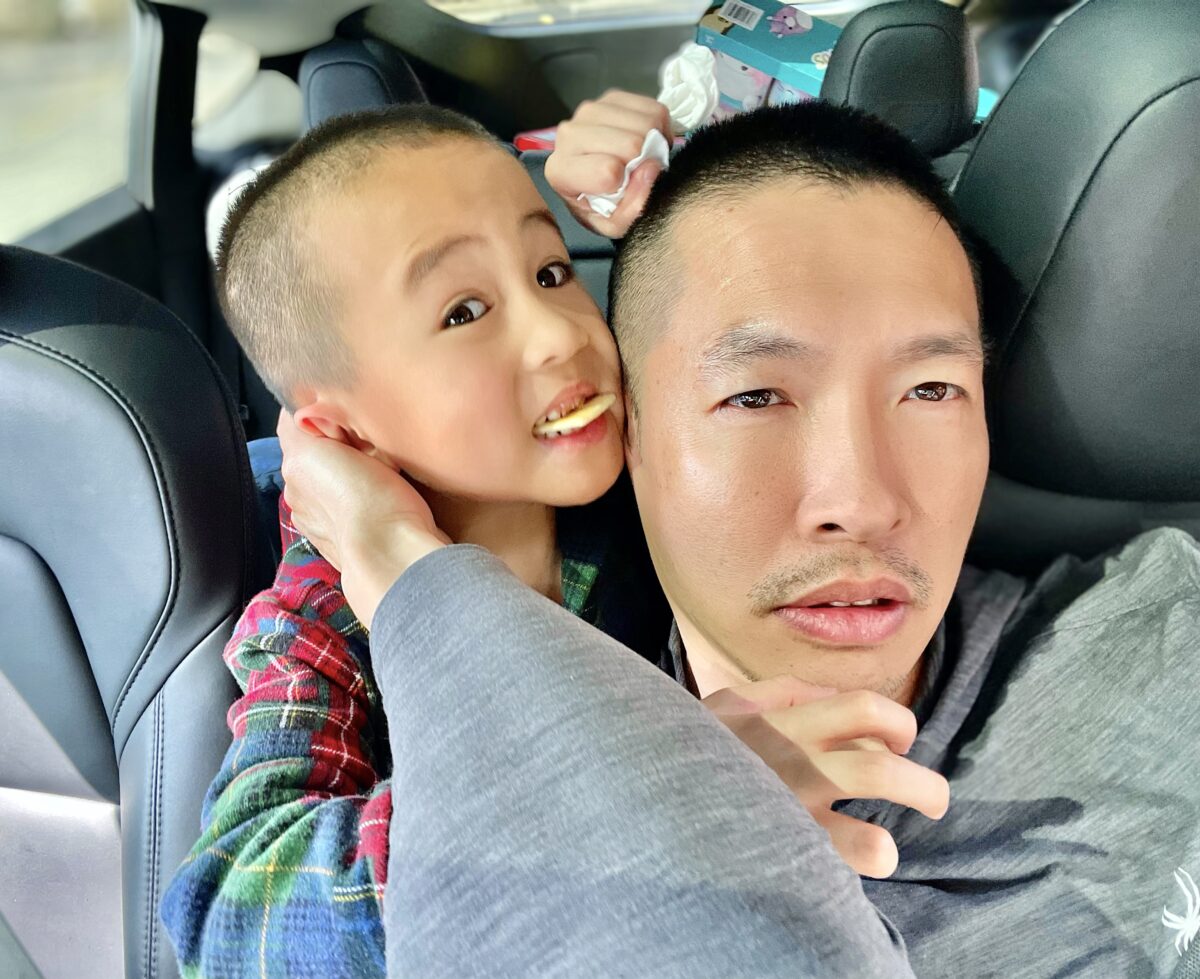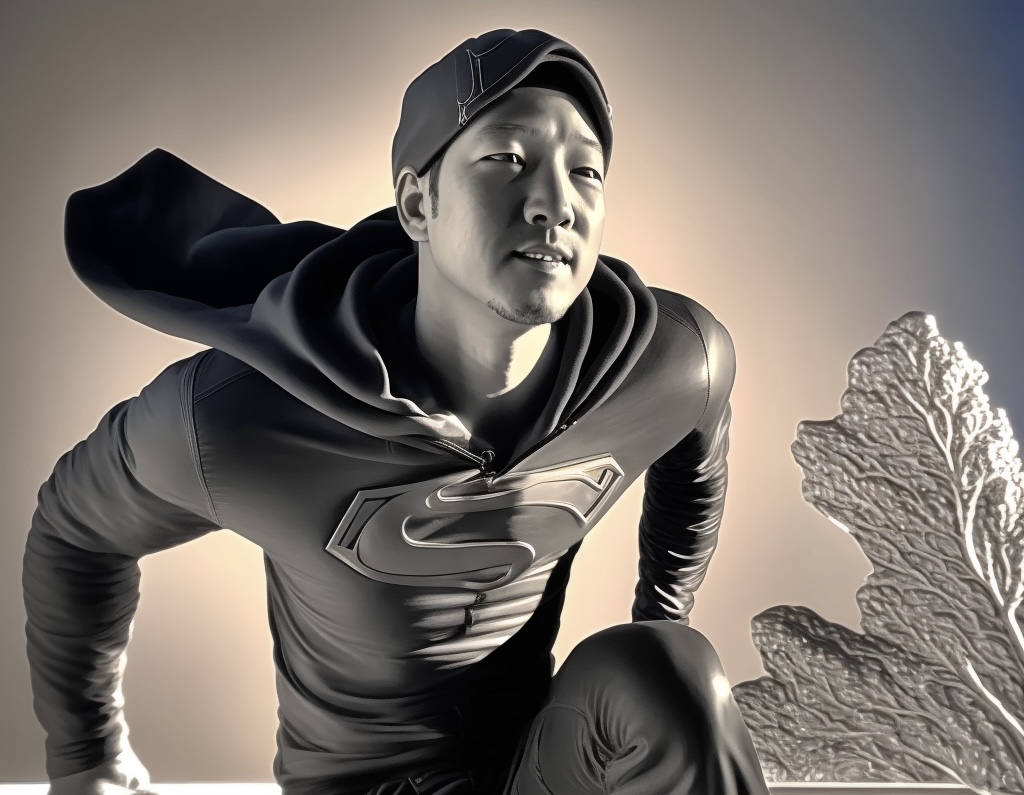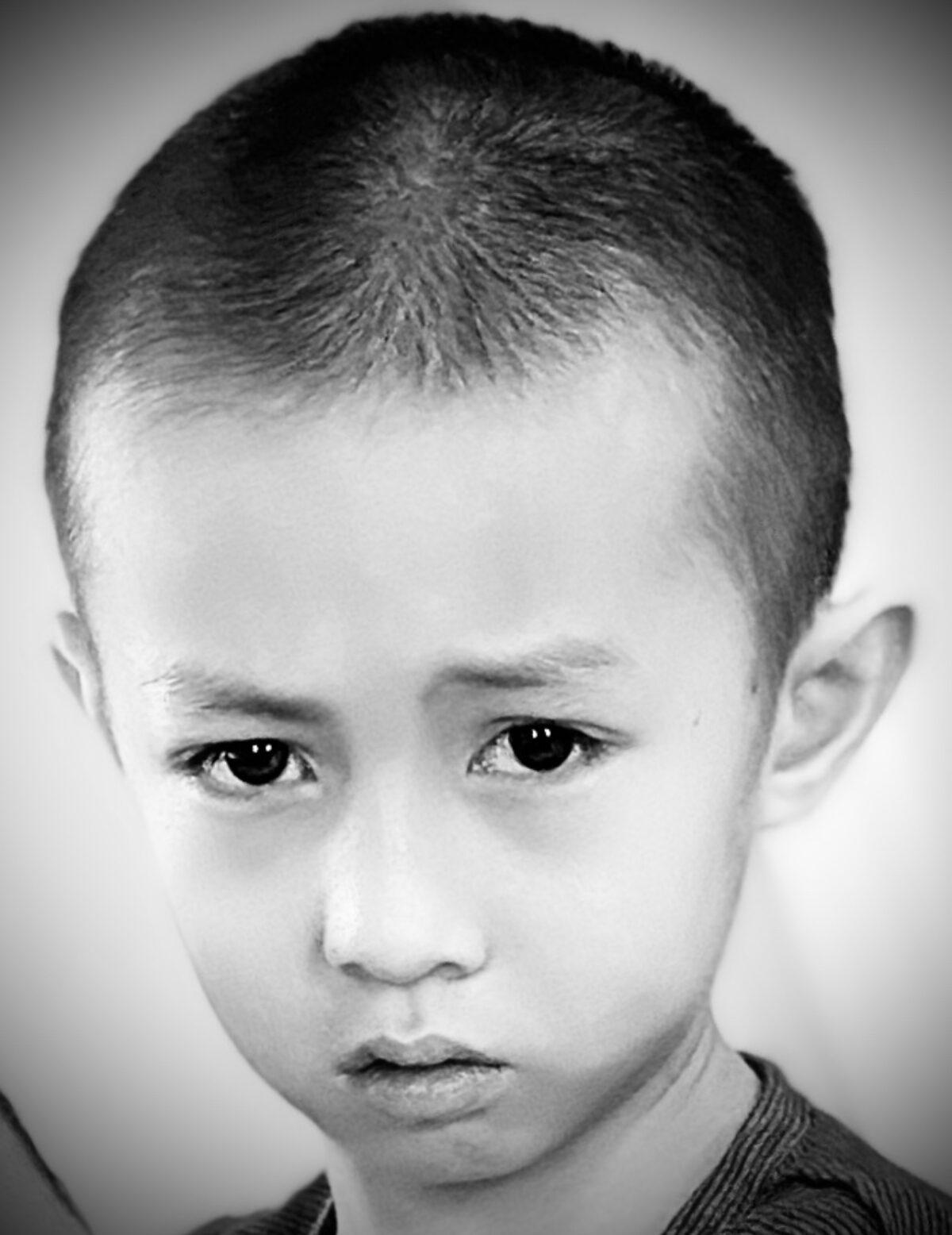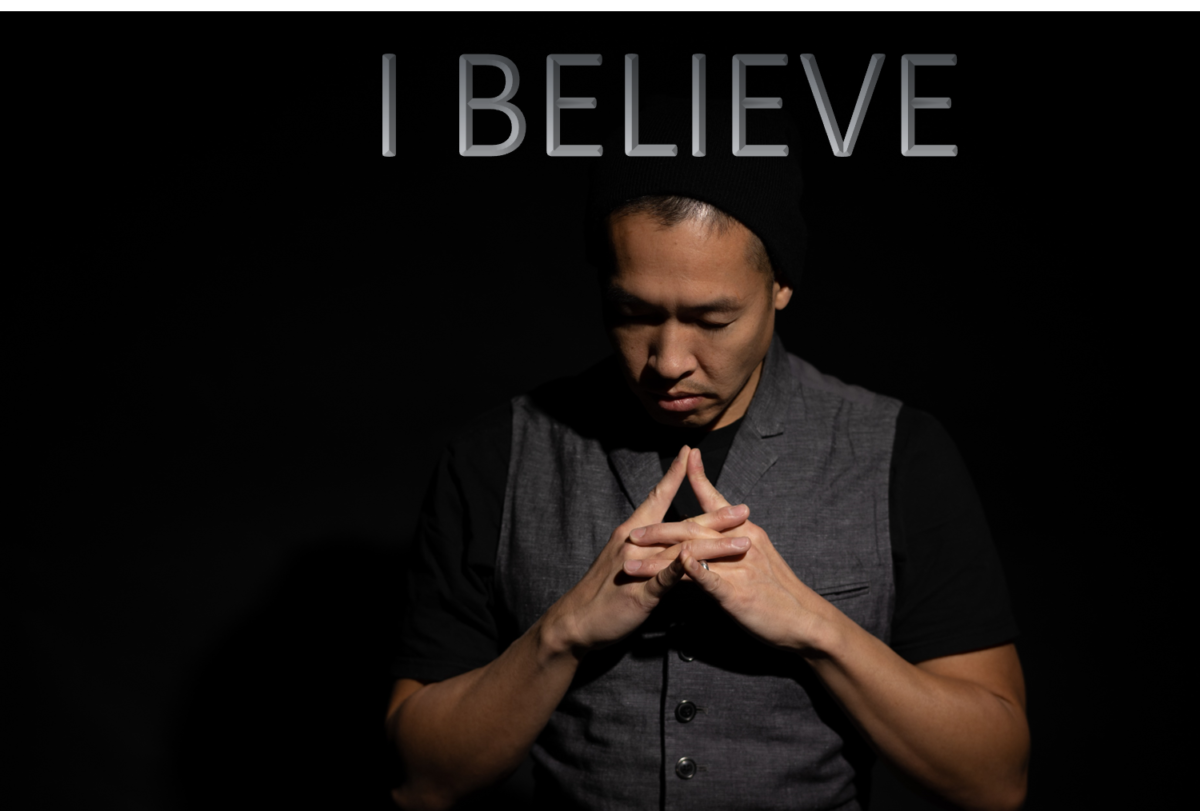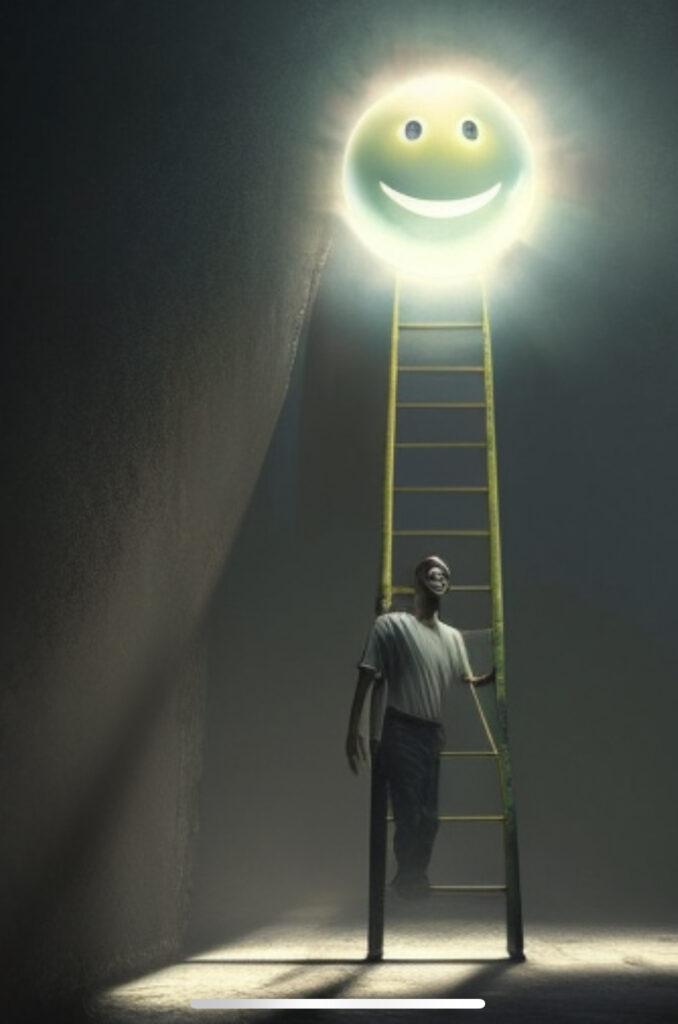Morning Affirmations:
- I am grateful for this new day and the opportunities it brings.
- I am filled with positive energy and ready to tackle the day.
- I trust in my abilities to achieve my goals.
- I am worthy of love and success.
- Today, I choose joy and happiness.
- I am healthy and strong.
- I am surrounded by abundance and prosperity.
- I am open to new experiences and growth.
- I am at peace with myself and the world.
- I trust that everything will work out for my highest good.
- I release all negative thoughts and emotions.
- I radiate positivity and attract good things.
- I am capable of overcoming any obstacle.
- I am confident in my decisions and choices.
- I am surrounded by loving and supportive people.
- I am enough just as I am.
- I am grateful for my blessings and challenges.
- I am focused and productive.
- I am free of stress and anxiety.
- I am worthy of rest and self-care.
- I am creative and inspired.
- I am calm and centered.
- I am aligned with my purpose and passions.
- I am kind and compassionate to myself and others.
- I am constantly growing and evolving.

Why it works: Morning affirmations set the tone for the day, helping to cultivate a positive mindset and outlook. By focusing on positive affirmations, it helps to shift the focus away from negative thoughts and emotions, reducing stress and anxiety. By acknowledging our strengths and abilities, we become more confident and self-assured, which can lead to greater success and happiness.
Night Affirmations:
- I am grateful for all the good things that happened today.
- I release all negative thoughts and emotions from the day.
- I forgive myself and others for any mistakes or shortcomings.
- I am proud of my accomplishments and progress.
- I trust that everything will work out for my highest good.
- I am at peace with myself and the world.
- I am surrounded by love and positivity.
- I am deserving of rest and relaxation.
- I am grateful for the lessons learned today.
- I am excited for what tomorrow will bring.
- I am free of stress and worry.
- I am confident in my abilities to overcome any challenges.
- I am worthy of love and respect.
- I trust in the universe to guide me towards my highest good.
- I am grateful for my blessings and the people in my life.
- I am focused on my goals and priorities.
- I am constantly learning and growing.
- I am surrounded by abundance and prosperity.
- I am kind and compassionate to myself and others.
- I am filled with peace and serenity.
- I am aligned with my purpose and passions.
- I am grateful for the gift of another day.
- I am in control of my thoughts and emotions.
- I am open to receiving abundance and positivity.
- I am constantly improving and becoming a better version of myself.

Why it works: Night affirmations help to reflect on the day and let go of any negative thoughts or emotions. By focusing on gratitude and positivity, it helps to cultivate a sense of peace and relaxation, promoting better sleep and mental health. By reaffirming our worth and capabilities, it boosts self-esteem and confidence, helping us to wake up feeling energized and motivated for the new day.






